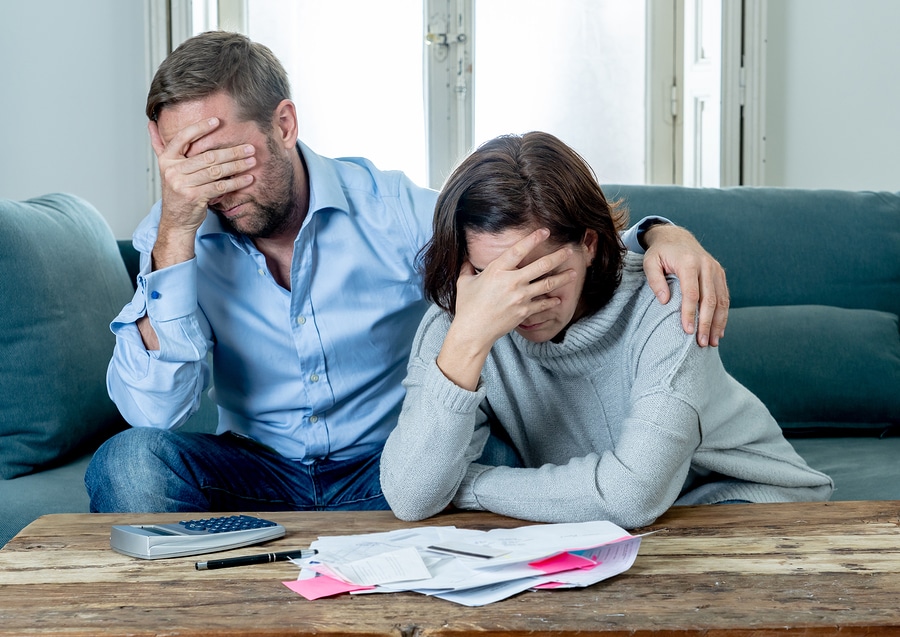
In the beginning of your adulthood, you probably never thought that you would consider filing for bankruptcy. However, the process is more common than it seems. Even the best of us may need to file if our financial stability slips away.
This can happen slowly, over a period of time. But it can also happen quickly, leaving you with no choice but to consider filing for emergency bankruptcy. An emergency bankruptcy means filing the bare minimum of paperwork required to push the case forward. You can file the rest of the paperwork later.
Filing an Emergency Bankruptcy
When you file for emergency bankruptcy, you trigger an automatic stay against most collections activity. That stay goes into effect immediately and remains in place until your case ends—unless you have had one or more cases pending in the past year.
This means that if you are behind on car payments or mortgage payments, your lender will not be able to repossess your vehicle or foreclose on your home. This is a temporary stay, but it will give you the time you need to work through the process.
Chapter 7 Emergency Bankruptcy
Both individuals and businesses can file for bankruptcy under Chapter 7. Before you can file, you will need to take a court-approved credit counseling class.
This class is usually available online, over the phone, or in-person. After the class is complete, you will need to pass a short quiz and receive a certificate of credit before you can file the case. Many offices can process an emergency filing shortly after the certificate is received.
Then, to start your case, you must file a voluntary petition, a creditor matrix with verification, and a certificate of credit counseling. Your attorney can help you obtain and complete these documents.
After your file these forms, you will receive your initial stay. Then, you will have fourteen days to complete and file the remaining forms.
Chapter 13 Emergency Bankruptcy
If you choose to file under Chapter 13, you may be able to restructure your debt as the process moves forward.
First, you will need to take the same court-approved credit counseling course as those filing under Chapter 7. But, unlike Chapter 7, you will not need to verify whether your income qualifies.
You will file the same paperwork as Chapter 7 emergency bankruptcy, but you will have to pay a filing fee of $310. You will then have fourteen days to file the remaining paperwork, and thirty days to make your first planned payment to your Chapter 13 trustee.
The Importance of Assistance
Filing for bankruptcy, whether emergency or predetermined, can be a challenge. There are complex forms, terms, and regulations you need to understand to move the process along smoothly.
If you have further questions about the difference between Chapter 7 and Chapter 13 bankruptcy—or you wish to learn about Chapter 11 bankruptcy—a bankruptcy attorney can help.
Your attorney will also be able to answer general questions about bankruptcy and help you determine which option is right for you.
Contact an Experienced Kansas City Bankruptcy Lawyer for Assistance
Are you looking to file emergency bankruptcy? Whether business or consumer, we can help. Contact an experienced Kansas City bankruptcy lawyer for assistance and representation at The Sader Law Firm by calling (816) 561 1818.
Additional Reading:
 Book an
Book an Email
Email Directions
Directions







